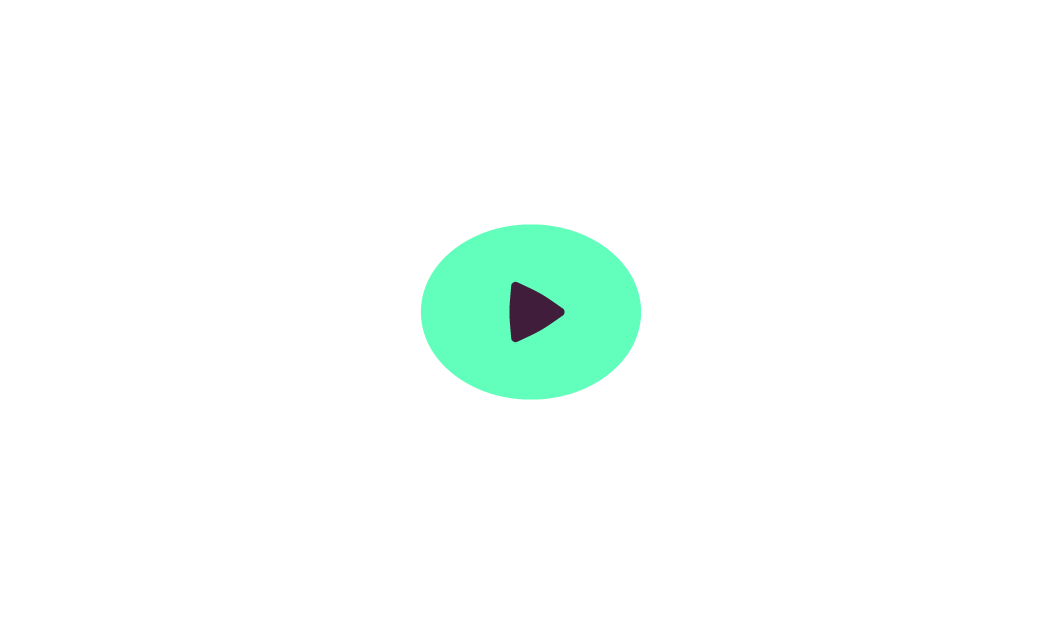
The heart:
From the very beginning of pregnancy, the heart begins to beat. This organ is the first to develop in the baby, beginning to pump blood and oxygen to every cell in the body, as well as eliminating carbon dioxide and metabolic waste. That’s why we can already hear it during prenatal visits.
From that point on, it will be with us throughout our lives. Whether it’s pulsing with joy for an achievement or speeding up during strong emotions, it works incessantly on our behalf. We need to take care of it.

Attention
to rhythm
Despite its importance, the heart is often neglected, and cardiovascular diseases are the leading cause of death worldwide.
When it is damaged, whether by a heart attack or injury, it repairs itself by developing a scar, but part of the muscle dies and does not recover. That’s why knowing about cardiovascular diseases and their symptoms is essential.

Arrhythmia
Characterized by irregular heartbeats, which can be very fast (tachycardia), very slow (bradycardia), or simply irregular. Arrhythmias can be caused by various conditions, including problems in the heart’s electrical system.
Arrhythmia symptoms
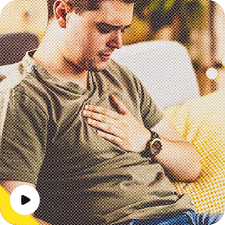
Irregular heartbeat
Irregular heartbeat

Shortness of breath
Shortness of breath
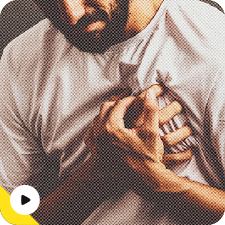
Chest pain
Chest pain

Pallor
Pallor
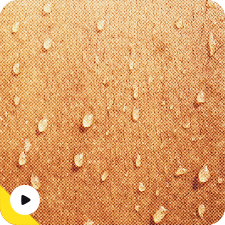
Cold sweat
Cold sweat

Frequent tiredness
Frequent tiredness

Heart Failure
It occurs when the heart is unable to pump enough blood to meet the body’s needs. As a result, it can dilate and compromise blood circulation. This condition can result from several others, such as hypertension, diabetes and coronary artery disease.
Symptoms of Heart Failure
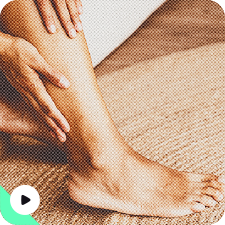
Swelling of the legs and feet
Swelling of the legs and feet

Progressive tiredness
Progressive tiredness
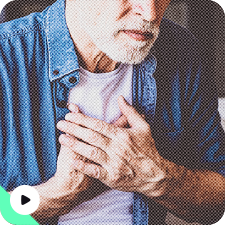
Shortness of breath
Shortness of breath
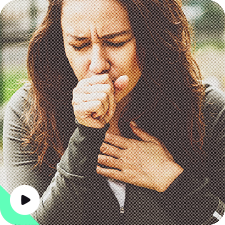
Dry cough
Dry cough

Congenital Heart Disease
It involves complications that occur during fetal development. They can range from mild to severe and often require early medical intervention. Diagnoses can be made using ultrasound and echocardiography.
Symptoms of Congenital Heart Disease

Fatigue
Fatigue
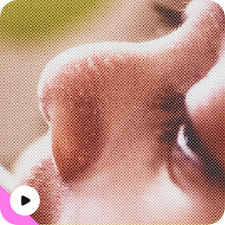
Sweating
Sweating
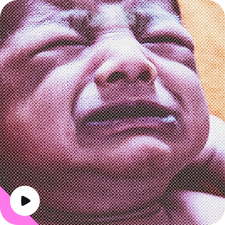
Cyanosis (blue skin color)
Cyanosis (blue skin color)

Difficulty breathing, with rapid, short breaths
Difficulty breathing, with rapid, short breaths

Tiredness during breastfeeds
Tiredness during breastfeeds

Endocarditis
An infection of the inner lining of the heart (endocardium), usually caused by bacteria and fungi. If not treated promptly, it can damage the heart valves and be potentially fatal.
Symptoms of Endocarditis

Continuous fever
Continuous fever

Pale skin
Pale skin

Excessive sweating
Excessive sweating
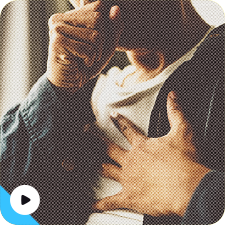
Recurrent cough
Recurrent cough
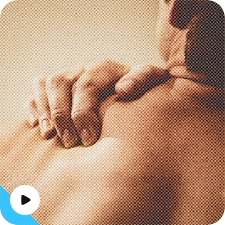
Muscle pain
Muscle pain

Shortness of breath
Shortness of breath
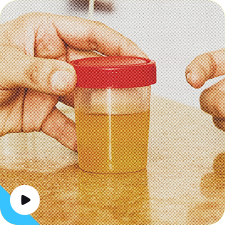
Blood in the urine (in severe cases)
Blood in the urine (in severe cases)
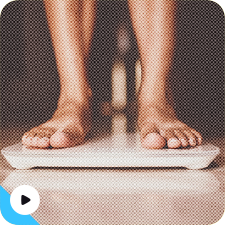
Weight loss
Weight loss
Being aware of these conditions and their symptoms can save lives. Keep yourself informed, take good care of your heart and, if you notice any of these symptoms, seek medical help immediately.
Caring for the heart is caring for life
The good news is that many heart diseases can be prevented and treated with healthy habits and the right information. Here’s how you can keep your heart healthy:
![]()
Physical
exercise
Exercising regularly is one of the best ways to keep your heart strong. Hiking, running, swimming and other cardiovascular activities are highly recommended.
![]()
Healthy
eating
A balanced diet, rich in fruit, vegetables, lean proteins and whole grains, can help keep your heart healthy. Avoid processed foods and those rich in saturated fats.
![]()
Preventive
exams
Regular preventive examinations can help detect heart problems before they become severe.
![]()
Avoid harmful
habits
Avoiding smoking and excessive alcohol consumption is crucial for heart health. These habits can significantly increase the risk of heart disease.
Already out
of rhythm?
For those who already have cardiovascular disease or another health condition, it is essential to adopt a customized care plan. Each condition requires specific attention and often lifestyle adjustments.
Always visit your doctor for advice appropriate to your case. Do not change or interrupt treatments without the advice of a healthcare professional.
Remember, taking care of your heart is a daily commitment that can make all the difference to your quality of life.
Share the melody of life
The beat of life cannot stop, and together we can reduce the impact of cardiovascular disease. Share our campaign on your social networks, download and use our digital materials!




September 29th
World Heart Day
Technical Manager
Dr. Sérgio Hércules – CRM 61.605
References
- Cardiovascular diseases are the leading cause of death worldwide and can be prevented) – BBC
- Learn about the 4 main heart diseases) – Albert Einstein Israeli Hospital
- General considerations on cardiac arrhythmias) – MSD Manual
- Cardiovascular diseases – Pan American Health Organization
- Cardiovascular disease: the world’s leading cause of death is preventable) – Brazilian Government Portal
- Doenças do coração e riscos cardiovasculares – Hospital Sírio-Libanês
- Heart disease and cardiovascular risks) – Sírio-Libanês Hospital
- Educational App on Heart Disease- Federal University of Santa Catarina



